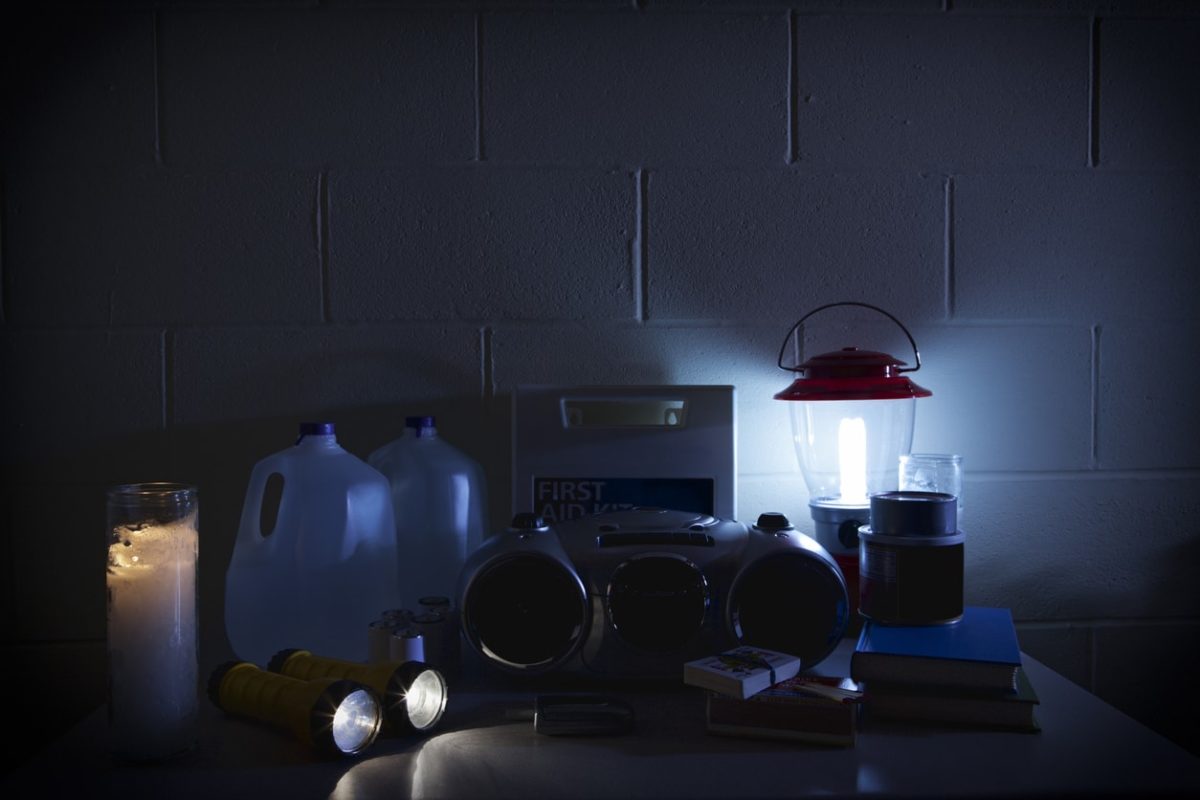The primary role of nursing homes is to provide safe and competent care for residents. Delivering care to seniors is a challenging process in which facility managers and staff must prepare for both expected and unforeseen risks. One of these risks is that of power outages; for most, a loss of electricity is a minor inconvenience, but for nursing homes, losing electrical service can have devastating consequences. Nursing home insurance is only one part of a broad risk management strategy for long-term care facilities. Placing an emphasis on delivering care even in the face of power outages must be a priority to protect residents and staff from harm.
Power Outages: Putting Nursing Home Residents at Risk
Nursing homes across the country may experience power outages for various reasons. Many of these reasons are centered on natural disasters, such as hurricanes, tornadoes, and winter storms. Electrical interruption may also be caused by failing systems, such as electrical grid brownouts or blackouts. When nursing homes lose power, especially for extended periods of time, disaster can strike.
In 2017, a nursing home in Florida lost power due to a hurricane. Facility managers chose to shelter in place; sweltering conditions in the facility led to the deaths of 12 patients. Despite this tragedy, many nursing homes in Florida and other states have been slow to add backup electrical systems, potentially putting their residents at continued risk. Power outages can result in loss of cooling or heating, and can also cause food or medication spoilage. Critical patient monitoring systems may be compromised. Even the loss of adequate lighting can lead to trip and fall hazards, increasing the chances of an injury to a patient or staff member. In worst-case scenarios, facilities may need to be evacuated, further putting residents and staff members at risk.
Preparing for Power Outage Emergencies: Nursing Home Best Practices
How can nursing homes prepare for the possibility of a power outage? The Federal Emergency Management Agency (FEMA) has published guidelines to facilitate the preparation process. Among the preparation steps, FEMA recommends:
- Analyzing risks, particularly those systems and components that can interfere with the ability to deliver care when power outages occur.
- Identifying specific at-risk residents, such as those receiving temperature-stabilized medications or who may need power-operated support systems.
- Securing temporary power support, including the use of generators.
- Setting up redundant cooling systems for food supplies and medications, including off-site or temporary refrigeration facilities.
- Establishing a maintenance and resupply chain for emergency power systems.
- Establishing communication with organizations like emergency services, local or state health departments, emergency management agencies, and evacuation shelter facilities.
- Enhanced staff training to develop emergency-response skills and to ensure that all staff members understand their specific duties in cases of power outages.
- Ensuring that nursing home insurance policies provide coverage for natural disasters that result in loss of electrical service.
- Identifying shelters that are able to maintain healthcare services for residents if they are forced to evacuate.
By taking these steps in advance of a power outage, nursing homes will be better equipped to provide continuous and safe care to residents, all without subjecting residents and staff to the risks associated with electrical service interruption. It is important to note that nursing home insurance is only one part of a comprehensive risk management plan for nursing homes and similar long-term care facilities. Together with insurance protection, emergency response training for staff, and an emergency preparedness protocol, nursing homes are more readily able to weather any disaster, including those that result in the loss of power.
About Caitlin Morgan
Caitlin Morgan specializes in insuring assisted living facilities and nursing homes and can assist you in providing insurance and risk management services for this niche market. Give us a call to learn more about our programs at 877.226.1027.


